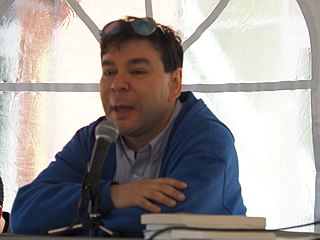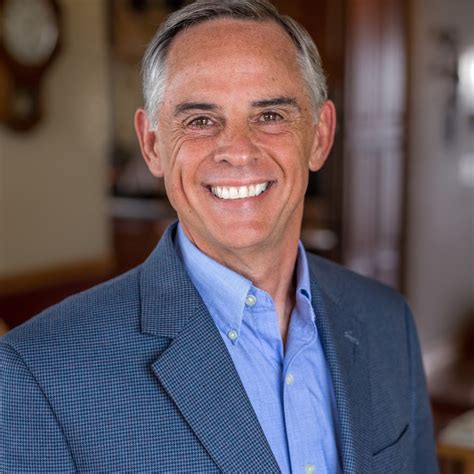A Quote by Joseph A. Schumpeter
Things economic and social move by their own momentum and the ensuing situations compel individuals and groups to behave in certain ways whatever they may wish to do-not indeed by destroying their freedom of choice but by shaping the choosing mentalities and by narrowing the list of possibilities from which to choose.
Related Quotes
Though freedom and wealth are both good things which most of us desire and though we often need both to obtain what we wish, they still remain different. Whether or not I am my own master and can follow my own choice and whether the possibilities from which I must choose are many or few are two entirely different questions. The courtier living in the lap of luxury but at the beck and call of his prince may be much less free than a poor peasant or artisan, less able to live his own life and to choose his own opportunities for usefulness.
There is always a choice." "You mean I could choose certain death?" "A choice nevertheless, or perhaps an alternative. You see I believe in freedom. Not many people do, although they will of course protest otherwise. And no practical definition of freedom would be complete without the freedom to take the consequences. Indeed, it is the freedom upon which all the others are based.
The economic freedom which is the prerequisite of any other freedom cannot be the freedom from economic care which the socialist promise us, and which can be obtained only by relieving the individual at the same time of the necessity and of the power of choice: it must be the freedom of economic activity which, with the right of choice, inevitably also carries the risk and the responsibility of that right
Freedom is not simply the circumstances that allow you to do whatever you want. Freedom is not only the opportunity to choose. Freedom is the strength of character to choose and to do what is right. With that in mind, our age is not an age of freedom, but an age of slavery. It is subtle, but it is real. The foundation of freedom is not power or choice. Freedom is upheld not by men and women in government, but by people who govern themselves.
Every attempt, by whatever authority, to fix a maximum of productive labor by a given worker in a given time is an unjust restriction upon his freedom and a limitation of his right to make the most of himself in order that he may rise in the scale of the social and economic order in which he lives. The notion that all human beings born into this world enter at birth into a definite social and economic classification, in which classification they must remain permanently through life, is wholly false and fatal to a progressive civilization.
No matter what, we always have the power to choose hope over despair, engagement over apathy, kindness over indifference, enthusiasm over lethargy, love over hate. This is our true freedom. Whatever life may throw at us, we have the freedom and ability to choose our attitude. And I believe it is in those moments of choice that we manifest our destiny.
Mind is a duality; it is always split. There is no single point on which the mind agrees in totality. Half of the mind will agree and half of the mind will disagree, and whatever you choose, you are choosing only the half. The remaining half is going to take revenge. The unchosen part, the left over, will wait for its chance to show you that whatever you have chosen is wrong. But it does not matter which part you choose. Choice itself is wrong.
It is intended to signify a coordinated plan of different actions aiming at the destruction of essential foundations of the life of national groups, with the aim of annihilating the groups themselves. The objectives of such a plan would be the disintegration of the political and social institutions, of culture, language, national feelings, religion, and the economic existence of national groups, and the destruction of the personal security, liberty, health, dignity, and even the lives of the individuals belonging to such groups.
Choice is bondage, choicelessness freedom. The moment you choose something, you have fallen in the trap of the world. If you can resist the temptation to choose, if you can remain choicelessly aware, the trap disappears on its own accord, because when you don`t choose you don`t help the trap to be there - the trap is also created by your choice.
Stress is a choice. Do you buy that? Some people have a hard time with the idea. Yes, bad things happen: The economy sours, our business struggles, the stock market tumbles, jobs are lost, people around us don't follow through, deadlines are missed, projects fail, good people leave. Life is full of these. But still, stress is a choice because whatever the 'trigger event,' we always choose our own response. We choose to react angrily. We choose to stuff our emotions and keep quiet. We choose to worry. Stress is a choice.
Psychologism is, I believe, correct only in so far as it insists upon what may be called 'methodological individualism' as opposed to 'methodological collectivism'; it rightly insists that the 'behaviour' and the 'actions' of collectives, such as states or social groups, must be reduced to the behaviour and to the actions of human individuals. But the belief that the choice of such an individualist method implies the choice of a psychological method is mistaken.


































